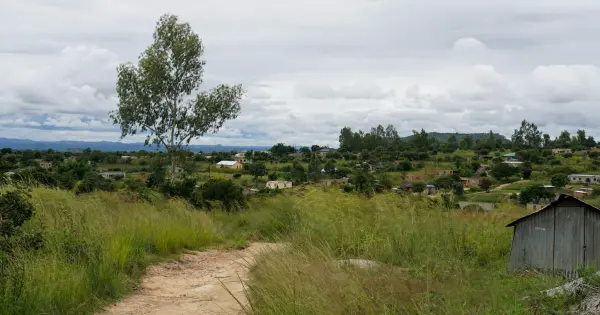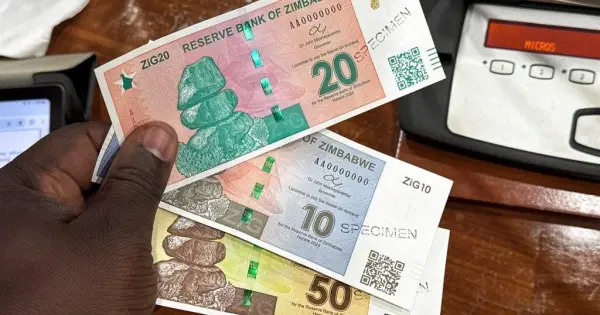For my father’s generation things were pretty simple for an African man. Each male was allocated a piece of land by his father and you were expected to build your own home there. It didn’t matter if you moved and worked in town, a rural house came first and maybe if you had the financial muscle you could go on and build/buy a house in town. The whole clan would take it as an affront if you chose to only build or buy an urban house.
Things are no longer that simple for our generation. Not only do most people have family in rural areas (usually where the grandparents stay), but we also have family in towns (parents and others). That has always been the traditional set up but due to a rather unstable economy, a lot of people have unfortunately left the country to find greener pastures in the Diaspora.
Most left are young men and women, a lot of them have lived their lives. They have found love, gotten married, put down roots and now have diaspora families. The first diaspora exodus happened around the turn of the current millenia when nurses flocked to the UK and the bulk of them now have college age children who call these foreign places home.
Those who are in the know would probably say that if you have been in the diaspora for a while you inevitably start to suffer from a bit of an identity crisis. You have a family in rural Zimbabwe and your traditional plot there, a family in urban Zimbabwe where your parents probably live and you also have family where you are. The question that’s constantly on your mind is where is home for you? Here or there or there? And when you do get a bit of money, where do you build or buy a house first?
Again you have to remember you have three choices:
- Build or buy a house right where you are. This is especially attractive if you already have a family there. For most people who have lived a long time in the diaspora, they have been calling this foreign land home far longer than Zimbabwe was ever their home.
- Build or buy an urban home in Zimbabwe. This is the usual yearning for most people and usually it’s a desire driven by nostalgia for those born in urban areas long before the current economic troubles. Most dream that things will someday stabilise and the good old days will return. Besides home is where the heart is.
- Build or buy a home in rural Zimbabwe. This not only includes a home in the village but it can also be a home at a growth point or township. This is the traditional African way.
So what should you do?
The ideal thing if you have the money is to be a good African and do it all. Build/Buy a proper house for your family where you are in the diaspora, build or buy a house in urban Zimbabwe i.e “back home” and build or buy a house in rural Zimbabwe. Only a few people can afford this.
For the bulk of people in the diaspora a choice has to be made. Personally I would start with tending to the needs of my core family. Life is too short to waste all your energy and money building or buying a house you might never live in. Those who left Zimbabwe for the diaspora used to think they would be going away for a few years after which they could come back. Things back home haven’t improved all that much and so they stayed put and eventually put down some roots.
There is therefore no guarantee that the Zimbabwe you want to get back to will ever materialise. You should therefore prioritise your new reality. Make sure your immediate family, your spouse and your children are taken care of by having a roof that you actually own over their heads.
Once I had done that I could then proceed to find a stand or try to get a mortgage from a Zimbabwean bank and have them help me build a house in urban Zimbabwe. With anti-immigration fever and a record high in a lot of countries the last thing you want to do is come back to Zimbabwe without something to show for your travels abroad. You will be the butt of family jokes and an example of what not to do. If you do get deported or are forced to leave your foreign abode it will be great to have a house to move into.
If all goes well and you have the financial capability to do it, you can then proceed to build or buy your rural home. This is made easier by the fact that homes in rural Zimbabwe are usually cheap. That low price comes at a cost though. You don’t actually own the land upon which your home is built even if it has been your ancestral home for time immemorial - there is always the possibility of eviction.
Navigating the minefield
As demonstrated, this is not an easy decision for a modern Zimbabwean man. In this chain of articles, I will try to examine some of the trappings of each particular decision in greater, but not exhaustive detail. Hopefully at the conclusion of this series you will be able to make an informed decision.




